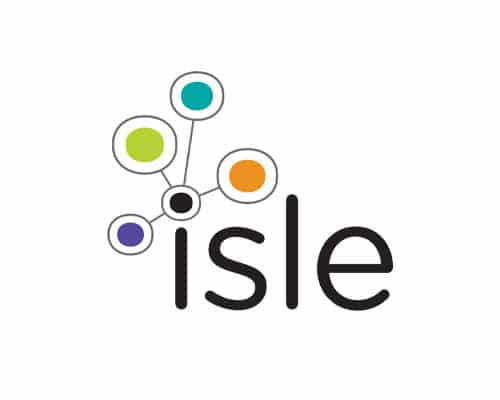Piers Clark talks of Tunisia and ageing gracefully
Notes from Piers, no 171 – It was all going well until the calamari arrived…
The ancient city of Carthage, on the northern coast of Tunisia, has been a centre for trade and innovation for centuries. In Roman times it pioneered a unique water cooling method to enable chariots to run that little bit faster (I don’t know the detail but I assume it involved squirting water at the horses). Today it remains a city striving to be at the heart of innovation. ONAS is the national wastewater company, responsible for providing the 12million or so Tunisians with reliable sanitation. As with everywhere in the world, what the public want is to flush and forget. Our meeting today was to discuss innovative approaches and technologies which might ensure that ONAS continues to provide this important service. The format was quickly established: working through a translator I would introduce a technology; after a few minutes a vibrant conversation would commence, in a glorious mix of French, Arabic and English; eventually the ensuing hubbub would reach its natural climax and we would move onto the next technology on my list. Repeat until list complete.
As we worked our way down my list I was struck by how many challenges are common to wastewater utilities the world over (aeration costs, energy production). There are still some location specific issues but even these are merely isolated points in history. For example, back in the 1980s the challenge in the UK was how to remove the heavy metals from our sewage sludges. This is the same challenge Tunisia faces today. In the UK we solved the problem by systematically shutting down our manufacturing industry. The picky Tunisians seem to want a more forward thinking and sustainable solution.
Another reason for my visit to Tunisia was to engage with the TEAM initiative. TEAM stands for Training and Education in Africa and Middle East, and it involves the establishment of an training centre in Tunisia that could serve the wider region. Its formation will enable African operators to be trained locally, without the barriers of language, culture and expense which cloud normal international training programmes. The logic behind TEAM is quite simple: if the operators are better trained then more finance will flow into the African water sector (since investors will get a better return from better run assets). More investment means more people get improved sanitation services. It is a beautiful model for institutional strengthening, and one that goes right to the heart of the issue.
The man behind TEAM is Fethi Merchi. Fethi is a quietly spoken man, but with the passion and vision to make TEAM a reality. Without Fethi TEAM would be nothing but a loose concept. I met Fethi for the first time yesterday, at a dinner in a local fish restaurant. All was going well until the calamari arrived. We had been talking, as one does, about our families and careers, finding common ground and shared experiences. It was at this point that Fethi commented that I looked ‘pretty good for my age’.
Initially I was flattered. I am acutely aware that the past few months have taken their toll. Having been on the road for 54 of the last 80 days my jet lag has reached such epic proportions that my body no longer knows when it should eat, sleep or empty its bowels (TMI?). I have vainly told myself that the wrinkles that recently appeared around my eyes are laughter lines, although deep down I know they are signs of wear and tear. Fathi’s comment that I looked young for my age was a welcome boost to my flagging ego.
Until it became apparent that he actually thought I was 62.
Sixty Two!
I am 48.
Somewhere I have lost a whole decade.
Upon realising his mistake there was an embarrassed silence, much akin to the moment one congratulates a large woman on being pregnant only to discover she is not. No matter what you say next you can’t recover.
Of course, it wouldn’t be quite so bad if Fethi, who already overflows with grace, charm and generosity didn’t look like he was in his late 30s.
He is 57. I am not jealous.


